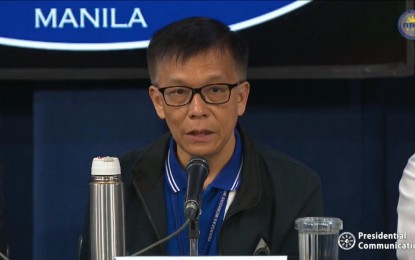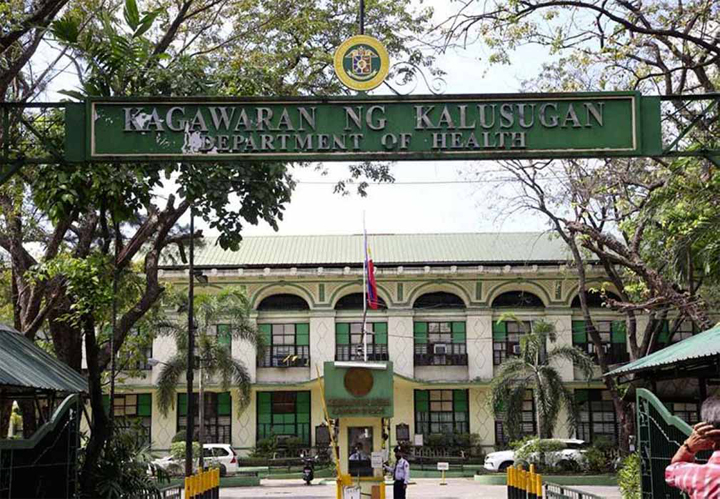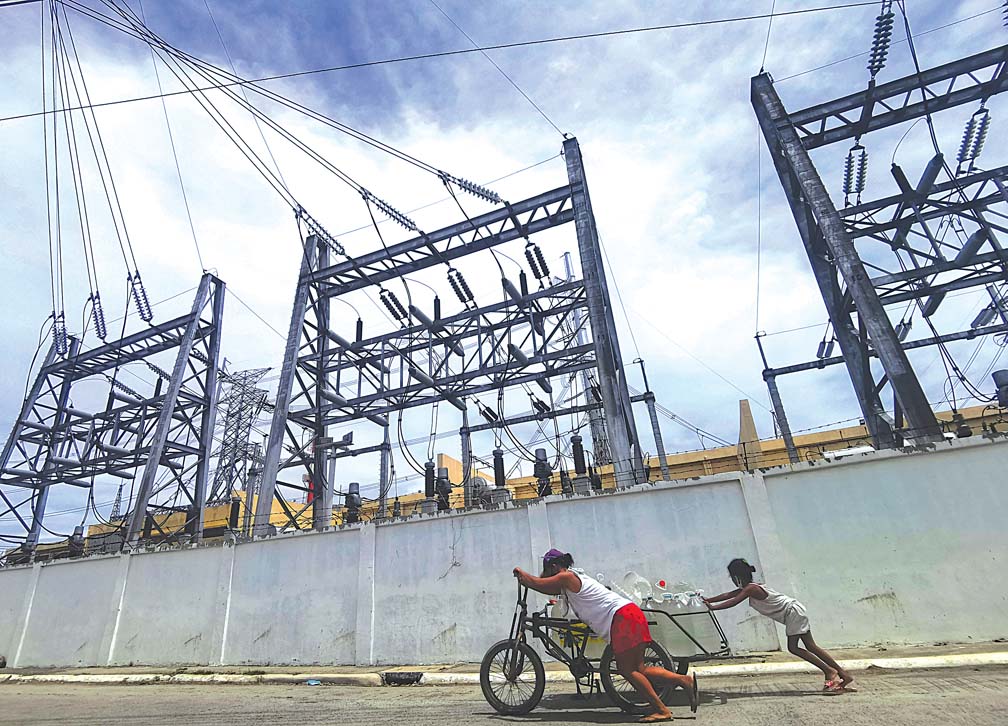THE Philippine Statistics Authority (PSA) remains on track to complete the implementation of the Philippine Identification System (PhilSys) by mid-2022.
In a statement on Monday, National Statistician and Civil Registrar Dennis S. Mapa said the PSA has already completed the procurement of the registration kits, one of five major procurements to be made under the PhilSys.
With this, Mapa assured the public that the PSA can start the mass registration by mid-2020 and complete the enrollment of the population by mid-2022.
“We want to ensure that the processes are efficient, the systems are fully functional, and all information within the system are secure,” Mapa said.
In the pipeline for PhilSys are the procurement of the Automated Biometric Identification System (Abis), System Integrator (SI) and registration centers. For card production, the PSA is in partnership with the Bangko Sentral ng Pilipinas (BSP).
The PSA said it conducted a pilot test for the PhilSys on Monday. The pilot test involved the registration of a small number of individuals from the National Capital Region.
This includes select Department of Social Welfare and Development (DSWD) beneficiaries and employees of PSA and the National Economic and Development Authority.
PSA said the pilot test registration will run from September 2019, until June 2020. The first part will involve biometric and demographic capturing processes.
Once the system is stable, operations will expand to cover select groups from nearby regions, Regions 3 and 4A, based on different geographical typologies.
Set to begin on May 2020, the PSA will extend the pilot registration process to test the end-to-end system which essentially involves de-duplication, generation of unique PhilSys Numbers (PSN), and card printing and issuance.
Registration will be scaled up and open to the public by July 2020. Overseas Filipinos are targeted to be registered in 2021.
“The PSA sees the utmost importance for the PhilSys to first undergo a series of pilot testing before finally launching it to the public,” Mapa said.
The PSA identified priority use case agencies whose existing systems will be synchronized with PhilSys. These agencies are DSWD, PhilHealth, Social Security System, Government Service Insurance System and BSP.
The PhilID, however, does not and will not replace existing government identification cards that serve a purpose beyond identity authentication, such as the driving license (for driving), passport (for travel), UMID (for social security transactions), etc.
It will be used for application for eligibility, services, and access to (1) social welfare and benefits granted by the government; (2) passports, driver’s license; (3) tax-related transactions; (4) admission in schools and government hospitals; (5) opening of bank accounts; (6) registration and voting purposes; (7) transactions for employment purposes; (8) and cardholder’s criminal records and clearances.





























